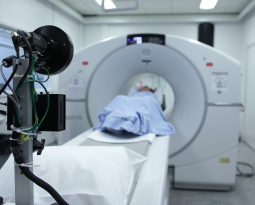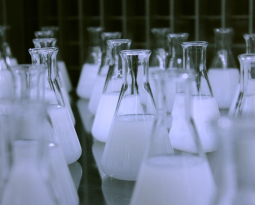Maine Offshore Wind Farm Project Receives $2M Grant
Maine’s taking its clean energy to its coast; the state’s Energy Office received a $2.166 million grant for its offshore wind roadmap, from the Department’s Economic Development Administration (EDA). The project will create a roadmap for establishing a floating offshore wind power industry. The Energy Office’s intention is to examine manufacturing processes, supply chains, port facilities, transportation systems, shipbuilding opportunities, ecosystem relationships, workforce development plans, power interconnections, exports and economic impacts.
Maine’s Offshore Wind Technology
In 2016, the U.S. Department of Energy (DOE) and Department of the Interior (DOI) released a National Offshore Wind Strategy document. It stated that 80% of the country’s electricity demands are from coastal states, and that the total U.S. offshore wind energy potential is more than twice the national usage. The Gulf of Maine’s wind quality is higher than most parts of the U.S. As such, a 2009 Ocean Energy Task Force report set goals, one of which was installing 5 GW (5,000 megawatts) of offshore wind energy by 2030.
The University of Maine (UMaine) has, over 10 years, developed patented VolturnUS floating concrete hull technology. It has potential to significantly reduce the cost of offshore wind and supports wind turbines in water 150+ feet deep (Maine’s waters are some of the deepest around the country, approximately 200 feet deep). In 2013, the university deployed a VolturnUS prototype one-eighth of regular size. It was the first grid-connected floating wind turbine system in the Americas, and data from this has fuelled the development of two full-scale floating offshore hulls for wind turbines.
The Aqua Ventus Project
In 2019, the Public Utilities Commission (PUC) signed a 20-year power purchase agreement for Maine Aqua Ventus. The project will deploy a turbine on VolturnUS, the floating concrete semi-submersible hull developed by UMaine, south of Monhegan Island. The state’s and UMaine’s goals are to demonstrate VolturnUS tech at full scale, to create jobs, provide clean energy at low cost, and pave the way for other floating wind farms.
Are you developing new software, products or inventions? Did you know your R&D experiments could be eligible for the R&D Tax Credit and you can receive up to 14% back on your expenses? To find out more, please contact a Swanson Reed R&D Specialist today or check out our free online eligibility test.
Who We Are:
Swanson Reed is one of the U.S.’s largest Specialist R&D tax advisory firms, offering tax credibility assessments, claim preparation, and advisory services. We manage all facets of the R&D tax credit program, from claim preparation and audit compliance to claim disputes.
Swanson Reed regularly hosts free webinars and provides free IRS CE and CPE credits for CPAs and CFPs. For more information please visit us at www.swansonreed.com/webinars or contact your usual Swanson Reed representative.

















